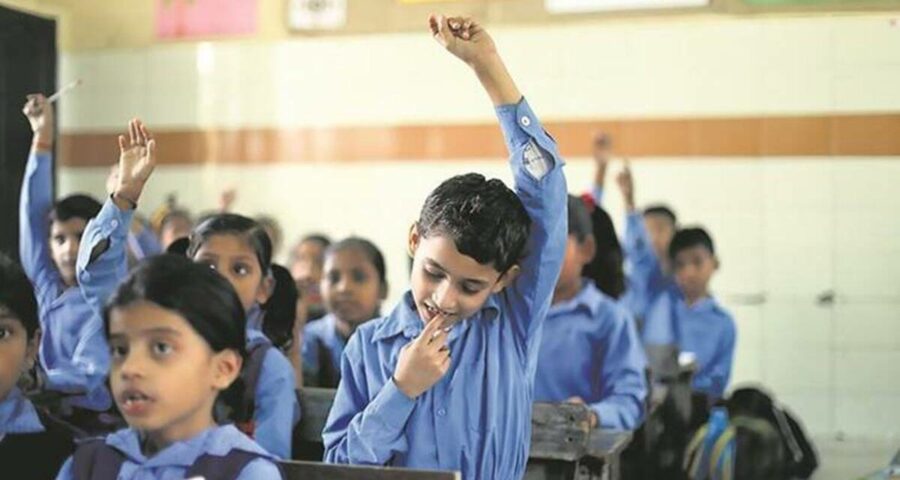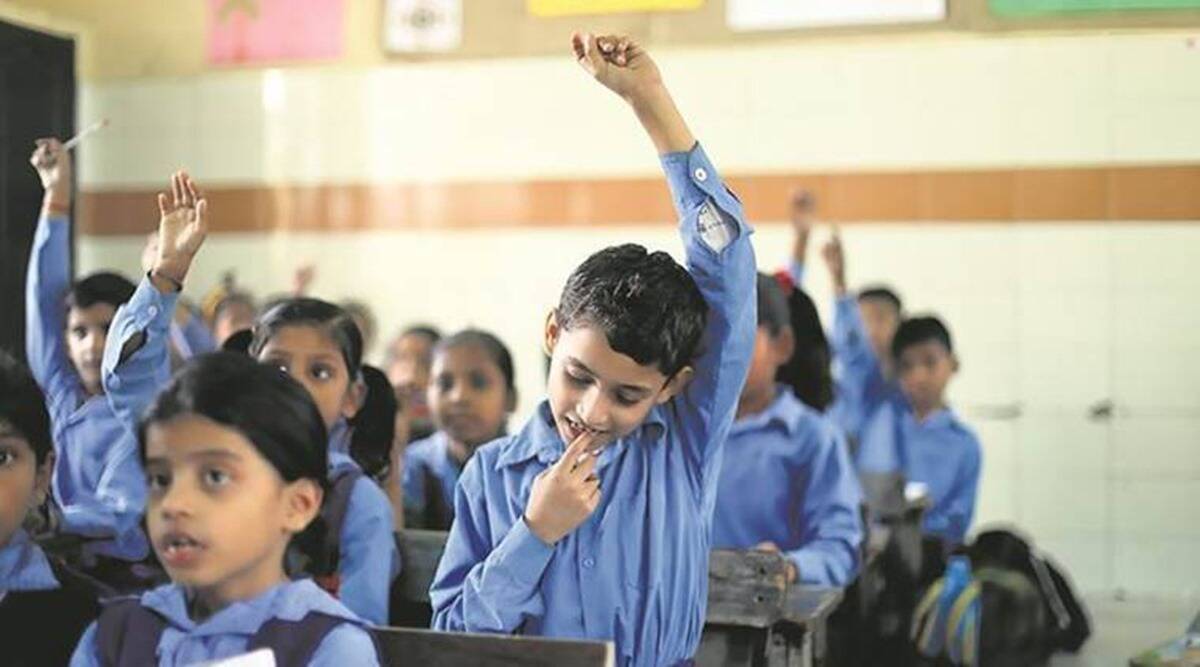Incidentally, the guidelines issued by the government coincide with those issued a few days back by the Department of Women and Child Development to facilitate reopening of Anganwadi centres (AWCs) across the state.
The Karnataka government Thursday announced that classes for students in pre-schools, including those in Lower Kindergarten (LKG) and Upper Kindergarten (UKG), in taluks across the state with Covid-19 test positivity rate below 2 per cent will resume November 8.
As per the official notification issued by the Department of Public Instruction (DPI), it is mandatory for each student to furnish a consent letter from their parents to attend classes, which have remained closed for over 19 months now, since the pandemic hit the state in March 2020.
Incidentally, the guidelines issued by the government coincide with those issued a few days back by the Department of Women and Child Development to facilitate reopening of Anganwadi centres (AWCs) across the state.
To begin with, pre-schools have been asked to operate on a half-day basis while it is mandatory for all teaching and non-teaching staff to have received both doses of Covid-19 vaccines. “In addition to this, teachers aged above 50 years should compulsorily wear a face shield,” the guidelines issued by DPI Commissioner R Vishal mentioned.
Further, parents have been recommended to send cooked food from home while schools have been instructed to provide hot drinking water to students. While social distancing is suggested, parents have been urged to send a clean handkerchief with their wards after training them with basic cough etiquette.
In case of any person at home becoming a primary contact, parents have been instructed not to send their wards to the school and to inform the authorities concerned of the same. Further, it has been made mandatory for schools to subject all students to Covid testing in case any student contracts the infection.
In the event of a “considerable number” of students getting infected, a school shall remain closed until further notice and approval given by the local health authorities. Pre-schools have also been asked to ensure that no guests (other than parents) should be allowed within the campus at all times.
However, P E Chidanand, state secretary of the Voice of Parents Association told The Indian Express that parents are yet to gain confidence on sending their wards even to primary schools. “As per our knowledge, at least half of our members are yet to begin sending their children to primary schools as the risk of infection persists, with neither the children getting vaccinated nor the number of cases across the state nearing none. It will be even more difficult for younger children in pre-schools as controlling them from not to touch their friends and common touchpoints in campuses is still a challenge,” he said.
Meanwhile, D Shashikumar, general secretary of the Associated Managements of Primary and Secondary Schools in Karnataka (KAMS), said school authorities are of the opinion that the government should take all possible steps to encourage parents to send their wards, across all grades, to schools. “The government should nurture confidence among parents as it is important that all facets of learning loss accumulated during the pandemic need to be bridged soon. Children at pre-schools especially need to see, play and learn as it is important towards contributing to the state literacy as well,” he said.
Last week, Dr M K Sudarshan, Chairman of the Covid-19 Technical Advisory Committee (TAC), had noted that there was “nothing to panic” and parents sending children to school “should not be scared”.
“We (TAC) have been continuously monitoring the pandemic situation in the state. The average test positivity rate (TPR) across all age groups in the state has been around 0.3 per cent at present. For school children in particular, the same is at 0.13 per cent,” he had said.
Earlier in September, an expert committee constituted by the government had suggested that the state government may reopen schools for all classes in the state.
Source: Read Full Article



